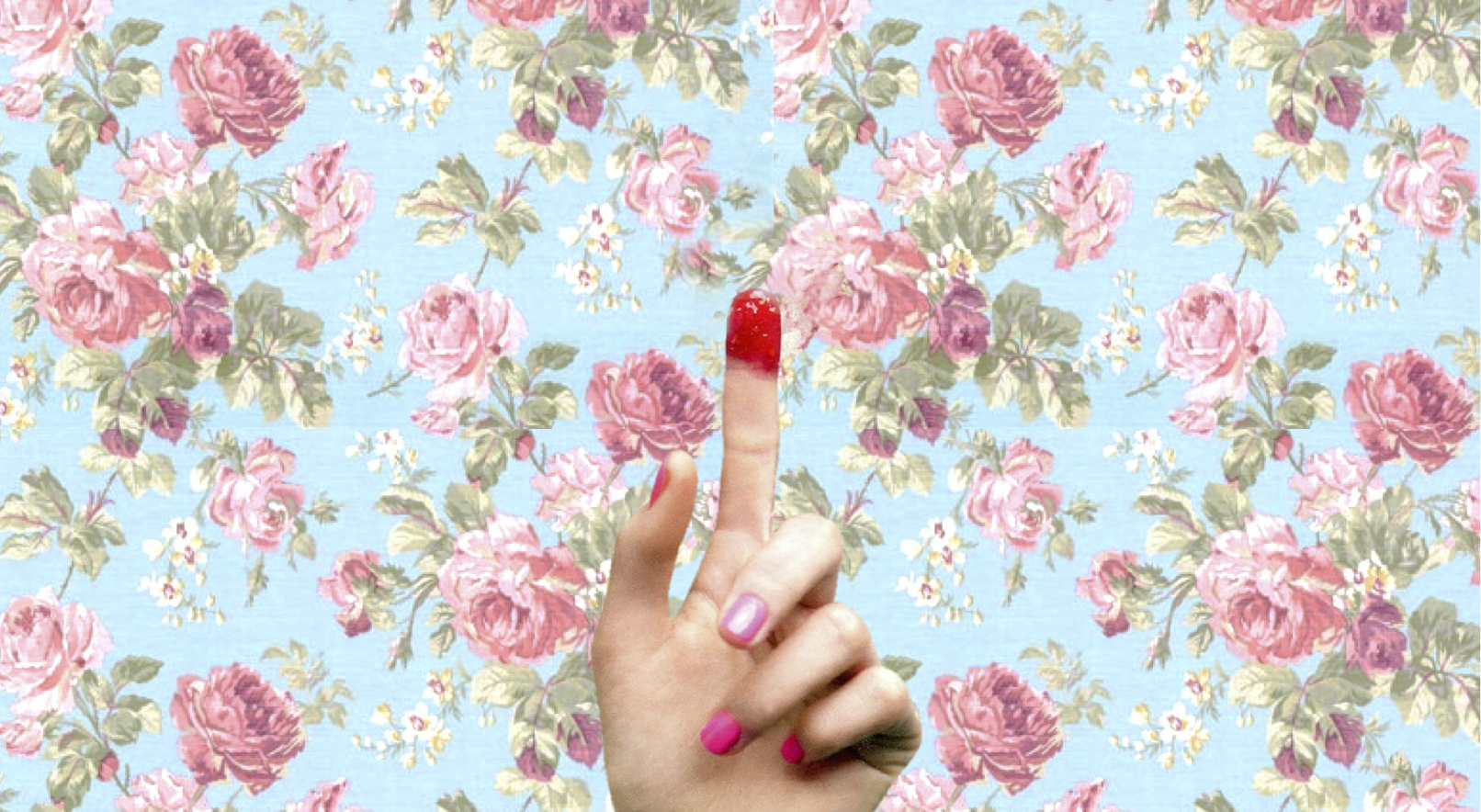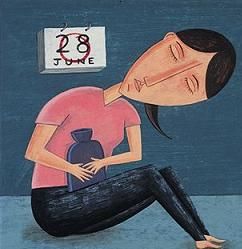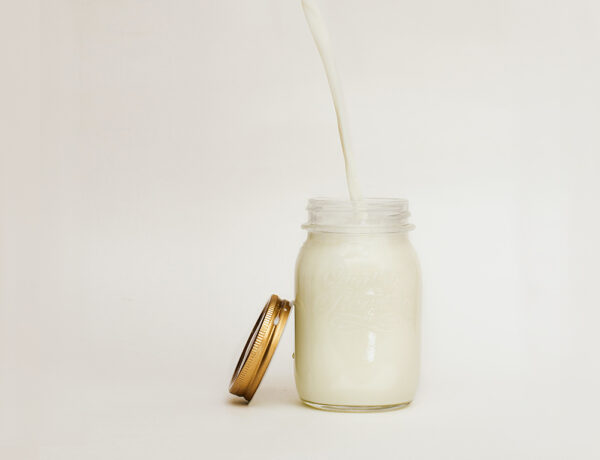Menstruation: Ickkk? Not According to Guru Nanak Sahib
by Satvir Kaur Lachhar
We’ve all been there before. You know, that moment when you’re going about your day and you experience that unexpected “surge”, if you will. You frantically locate the first woman you know, or in some cases, don’t know, and whisper in her ear, “My friend just visited. Do you have any supplies on you?”
I found myself in this all too familiar predicament while travelling only a few months ago. Some friends and I, men and women, were enjoying a Sunday brunch when all of a sudden, it happened. I immediately cupped my hand over my friend’s ear, quietly divulging my secret in the hopes that she would swoop in and save the day. Her blatant disregard for my not-so-subtle cues had me in a mental face palm when she responded in a very a public fashion, suggesting we “run over to the local drugstore to grab some tampons”. But it’s what happened next that shocked me even more than the perceived breach of girl-code. The next thing I knew, all the men and women at the table were chatting away, casually discussing the day-to-day realities of being a woman and all that that entails, menstruation included. None of these adults, and more specifically the men, showed any signs of discomfort with the subject matter, which begged the question: Why did I attempt to shield it from their presence?
Though this wasn’t the case on that very day, often just the idea of menstruation, among men and women alike, is associated with a bit of an “ick” factor. Merely talking about it can cause others and ourselves to feel a sense of uneasiness, so much so that we’ve constructed our own language around this powerful and essential biological process. We’ve employed clever references for our periods like “Aunt Flo” or “Miss Dot”, all in an effort to soften the tone and create a more comfortable dialogue. I, too, was guilty of doing this.
But as brunch went on, my focus shifted between the conversations that followed, the large spread of delectable foods, as well as the many thoughts and questions that were racing through my mind.
Why do we become so preoccupied with and place such high value on our outward bodies but feel repulsed by the inner workings of our bodies? Why is menstruation considered a curse or an inconvenience? That dirty little secret we take extreme measures to keep.
I can’t help but contemplate whether these sentiments are, in part, rooted in some of the religious and cultural taboos that have and continue to exist around women and menstruation. Many of these taboos have traditionally led to prohibitions around physical intimacy, cooking, attending places of worship, the ability to perform religious duties, and eating with the same dishes or utensils as others. In some cases, women are required to live in isolation or separately from men while menstruating. All this because a woman, whilst on her period, is viewed by many as “polluted,” “impure” or “unclean.” Given these dominating perceptions, it’s no surprise to me that women over time, too, have developed such negative associations with their periods.
Guru Nanak Sahib, being the revolutionary that he was, openly challenged and condemned any such taboos, making it clear that the blood of a woman, was, and is, a natural and fundamental component of life. Just take a moment to really let that sink in – it’s incredible… breathtaking, really.
Guru Sahib went into great detail with his explanation of what truly constitutes impurity and the resulting effects on our spiritual states. Even when the scope is widened to consider the messages of all of our other guiding Gurus, the directive we are repeatedly given is that real impurity doesn’t reside in any outward physical form. Rather, it lies within, taking on the form of ego or greed, among other inward states of being. Hence, there are no references in Gurbani to the menstrual blood of a woman or the physical process of menstruation as being impure, and therefore, in the context of Sikhi, there are no restrictions placed upon a woman during this re-curring time in her life. Accordingly, we are free to meditate and pray, visit the Gurudwara, and partake in Seva — all in addition to carrying out other ordinary day-to-day tasks.
Beyond rejecting taboos related to menstruation and defining true impurity, Guru Nanak Sahib also shared with everyone the importance of women, placing our existence in such a powerfully high regard. In one shabad, he so eloquently sends us the following message:
From woman, man is born;
within woman, man is conceived; to woman he is engaged and married.
Woman becomes his friend; through woman, the future generations come.
When his woman dies, he seeks another woman; to woman he is bound.
So why call her bad? From her, kings are born.
From woman, woman is born; without woman, there would be no one at all.
— Guru Nanak, Raag Aasaa Mehal 1, Panna 473
So sisters, there’s no arguing that menstruation is a God-given biological process, the very mechanism that allows us to physically bring life into this world. Let’s celebrate our biology, and finally grant it the justice it so rightfully deserves. Let’s stop participating in and perpetuating the notion that our periods are anything less than a gift, for without it, we would all cease to exist. Beyond that, as Guru Nanak says, without woman (and all that that entails), there would be no one at all.
So, the next time we get an unexpected visit from our “Period”, let’s think twice before we pro-ceed to discreetly lean into our friends’ ear.
Featured image by Emma Dajska







